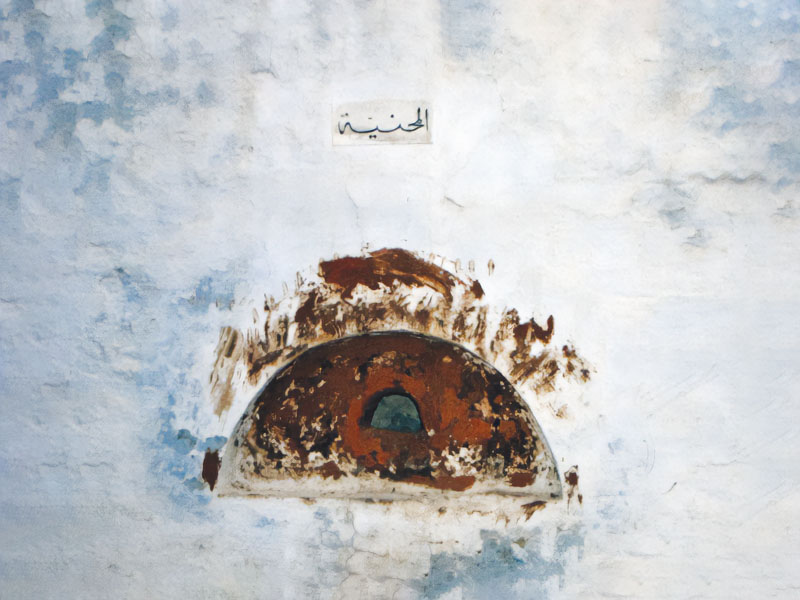«Al-Mahnia» An Originally African Shrine In the Islamic City of Kairouan (Tunisia)
Issue 8

Adel Nejim (Tunisia)
relevant to these rituals along the shore of the Mediterranean Sea and revealed the reasons behind the continuity of many spiritual practices in that region. The importance of these rituals is corroborated by the fact that the most ancient artistic works that are available to us prove that fertility seizes an enormous and significant status in the life of human being. As far as it is related to the idea of birth-giving, fertility is undoubtedly related to the instinct of human survival and also to the idea of bless-giving. The prevailing belief, namely among the Barbarians, gave this idea a sort of universal dimension, because these people consider bless-giving as a guarantee to security and a contribution to the human, natural and animal fertility, thus providing security and confidence, a fact that explains the amazing continuity of benediction across times. The author stresses that the dissemination of Islam in Tunisia made us believe that the rituals relevant to fertility disappeared, being publicly considered as a sort of idolatry, which is officially prohibited. Nevertheless, the author noticed a place in the city of Kairouan, which is considered as a stronghold of Islam in the Maghreb Region, in which rituals firmly related to fertility are widely practiced. A false belief, however, have prevailed for a long time, that Kairouan is void of any kind of previous existence of Muslims. Moreover, Arabic references have contributed to this opinion by publicizing the idea that this city was established from nihility. Proponents argue that the name of Kairouan is originally Persian, and it means “the station of caravans”. The shrine of “Al-Mahnia”, as the author mentions, is an arch, which is attached to the “Al-Ansar” mosque that is located in the southwest to the fence of the city of Kairouan, not far away from the new gate. The uniqueness of this landmark, and the practices that continue to take place inside it, draw one’s attention as it is supposed that these rituals, which are banned by Islamic Laws, have vanished. Similar evidence suggest the necessity to revise the version obtained from literal references, which attributes the foundation of the city of Kairouan to Aqaba Bin Naffe and indicates the absence of other cities in that region. In addition to that, there are remarkable evidences about the pre-Islamic past of Kairouan. All these leads require making a conclusion that will be certainly significant. Furthermore, the fort that was mentioned above calls for the reconsideration of the content of Islamic Maghreb as the Africans who embraced Islam maintained a large portion of their own culture, despite their embracement of Islam. This aspect contributed to the emergence of a unique combination of cultures, whose essence attracted the attention of different researchers worldwide.







































































